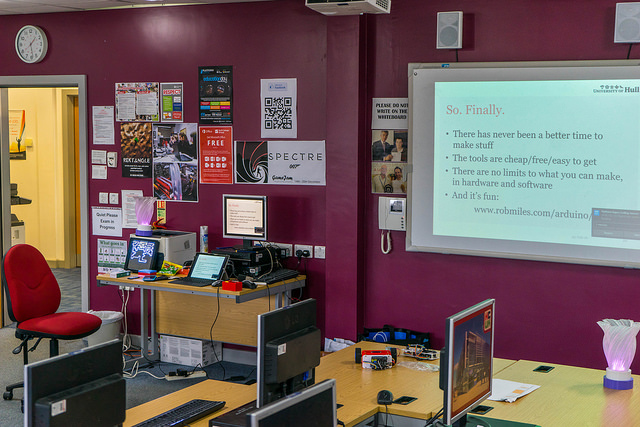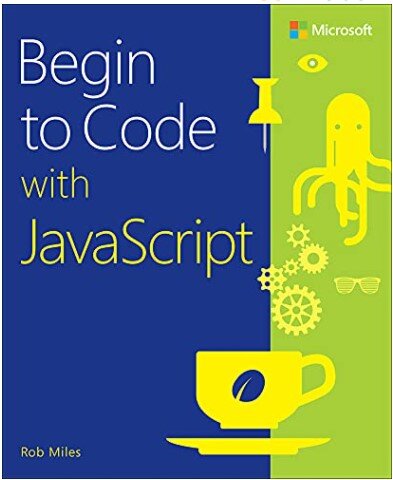Final Year Project Interim Demonstrations
/The department is trying something new this year. Each of our Final Year project students is being asked to give an interim demonstration of their project to their second supervisor at around the project mid-point. The students see a lot of their first supervisor, but they don't usually see the second supervisor until later in the project, when they are involved in the final viva and the assessment.
This year I'm getting to see all the projects for which I'm second supervisor. I wasn't convinced at the start, what with the nightmare of fitting a whole new bunch of meetings into an already crowded diary, but I must admit it has been really useful. I've seen some really great work, and some that could be made great by a strong focus on the important elements.
When considering things like this I'm much more impressed by an "end to end" demonstration of a working system with "n" features than a half-way demonstration of a system with "n*2" features. If you are making a game, it should be playable all the way to the end, with a high score table and a chance to play again. If you are making a product you should be able to run through an entire scenario of whatever transactional behaviours the product provides. If you are performing research you should have the theory, the things you are going to do to prove/disprove the theory and some outcomes to look at which drive the conclusions. And it is worth trimming the scope so that you can achieve this.
Writers have this thing where they talk about "killing your favourite children" which means that they have to discard a great piece of text out because it doesn't actually add anything to the work. The text might be funny, or poignant or interesting - but if it doesn't fit the context it has to go.
During the meetings we were encouraging students to take a look at their projects and do something similar. This isn't to say that they should not get credit for work that doesn't end up in the finished deliverable. My advice is to write these up in the report and then document the process by which you decide to leave them out in order to focus on the core of the work. In fact, I reckon that getting a handle on your project and dropping features that will make you fail is actually strong evidence of real professional ability. And in real life you can always save these for version 2.0 anyway.
























